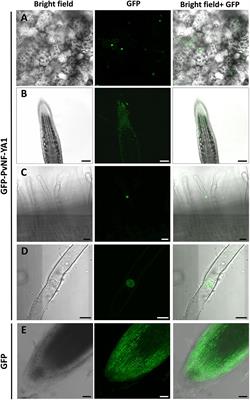EDITORIAL
Published on 09 Jul 2019
Editorial: Metabolic Adjustments and Gene Expression Reprogramming for Symbiotic Nitrogen Fixation in Legume Nodules
doi 10.3389/fpls.2019.00898
- 1,959 views
- 7 citations
18k
Total downloads
83k
Total views and downloads
You will be redirected to our submission process.
EDITORIAL
Published on 09 Jul 2019
ORIGINAL RESEARCH
Published on 12 Mar 2019

ORIGINAL RESEARCH
Published on 28 Feb 2019

ORIGINAL RESEARCH
Published on 19 Feb 2019

ORIGINAL RESEARCH
Published on 15 Feb 2019

ORIGINAL RESEARCH
Published on 01 Feb 2019

ORIGINAL RESEARCH
Published on 16 Jan 2019

ORIGINAL RESEARCH
Published on 21 Dec 2018

REVIEW
Published on 18 Dec 2018

ORIGINAL RESEARCH
Published on 18 Dec 2018

MINI REVIEW
Published on 08 Nov 2018

ORIGINAL RESEARCH
Published on 24 Jul 2018


Frontiers in Microbiology
Plant Pathogen InteractionsOffline